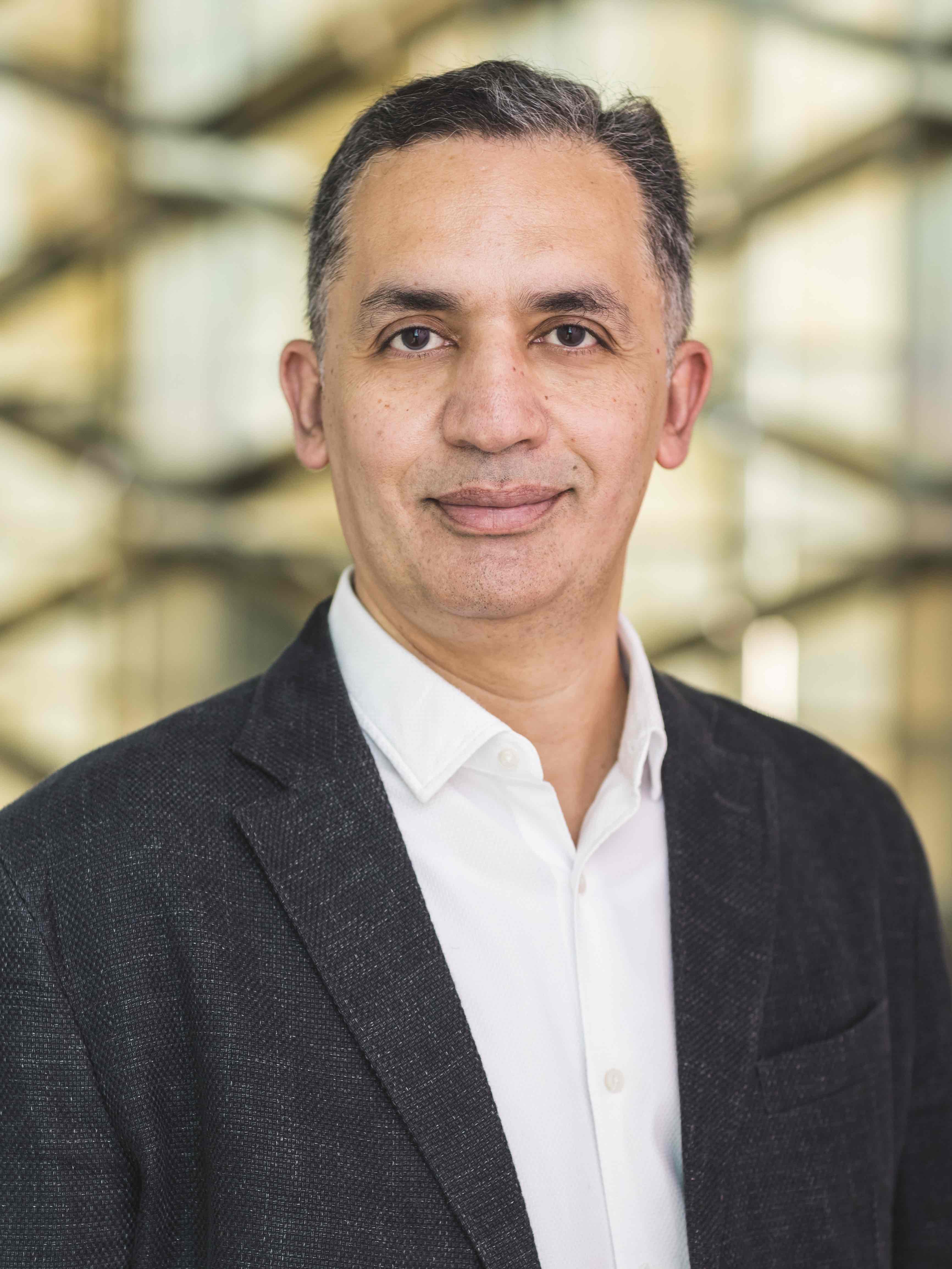Smart City Sensing: Enhancing Urban Mobility and Energy Efficiency through Cellular Data Analytics and UAV-enabled IoT Systems
Smart city sensing represents a pivotal paradigm shift in urban development, characterized by the infusion of cutting-edge technology to improve the quality of life in densely populated areas. At its essence, smart city sensing revolves around the deployment of sensors and data collection infrastructure throughout urban landscapes. The use of the collected data spans various domains, including environmental monitoring, transportation, energy management, and public safety. By continuously gathering and analyzing real-time data, smart cities gain unprecedented insights into their operations and the needs of their citizens. Unlocking the potential of smart cities, this talk presents effective solutions to leverage collected data to optimize the quality of the offered services. Specifically, this talk illuminates the innovative use of cellular data to analyze footfall and transportation modes, enabling precise localization and urban insights. By tracking citizens’ mobility profiles inferred from channel state information (CSI) measurements using efficient artificial intelligence (AI) tools, it reveals intricate pedestrian and transportation dynamics, informing optimal urban planning, crowd management, and resource allocation. Furthermore, the talk discusses effective solutions to enable the perpetual operation of IoT infrastructure and environmental monitoring sensors. Following an interdisciplinary methodology that combines experimental implementation and theoretical analysis, the use of 6G enablers such as unmanned aerial vehicles (UAVs) is investigated to optimize the data collection from the IoT sensors and minimize energy waste.
Date and Time
Location
Hosts
Registration
-
 Add Event to Calendar
Add Event to Calendar
Loading virtual attendance info...
- 6000 J St, California State University, Sacramento
- Sacramento, California
- United States 95819
- Building: Riverside Hall
- Room Number: RVR 3014
- Contact Event Hosts
- Co-sponsored by Mohammed Eltayeb
Speakers
Tareq Al-Naffouri of King Abdullah University of Science and Technology
Smart City Sensing: Enhancing Urban Mobility and Energy Efficiency through Cellular Data Analytics and UAV-enabled IoT S
Smart city sensing represents a pivotal paradigm shift in urban development, characterized by the infusion of cutting-edge technology to improve the quality of life in densely populated areas. At its essence, smart city sensing revolves around the deployment of sensors and data collection infrastructure throughout urban landscapes. The use of the collected data spans various domains, including environmental monitoring, transportation, energy management, and public safety. By continuously gathering and analyzing real-time data, smart cities gain unprecedented insights into their operations and the needs of their citizens. Unlocking the potential of smart cities, this talk presents effective solutions to leverage collected data to optimize the quality of the offered services. Specifically, this talk illuminates the innovative use of cellular data to analyze footfall and transportation modes, enabling precise localization and urban insights. By tracking citizens’ mobility profiles inferred from channel state information (CSI) measurements using efficient artificial intelligence (AI) tools, it reveals intricate pedestrian and transportation dynamics, informing optimal urban planning, crowd management, and resource allocation. Furthermore, the talk discusses effective solutions to enable the perpetual operation of IoT infrastructure and environmental monitoring sensors. Following an interdisciplinary methodology that combines experimental implementation and theoretical analysis, the use of 6G enablers such as unmanned aerial vehicles (UAVs) is investigated to optimize the data collection from the IoT sensors and minimize energy waste.
Biography:
Tareq Al-Naffouri received the B.S. degrees in mathematics and electrical engineering (with first honors) from King Fahd University of Petroleum and Minerals, Saudi Arabia, the M.S. degree in electrical engineering from the Georgia Institute of Technology, and the Ph.D. degree in electrical engineering from Stanford University, Stanford in 2004. He was a visiting scholar at California Institute of Technology, Pasadena, CA in 2005 and summer 2006. He was a Fulbright scholar at the University of Southern California in 2008. He is currently a Professor at the Electrical Engineering Department, King Abdullah University of Science and Technology (KAUST). His research interests lie in the areas of sparse, adaptive, and statistical inference/learning and their applications to wireless communications, localization, smart cities, and smart health. He has over 370 publications in journal and conference proceedings and 24 issued/pending patents. He has won the IEEE Education Society Chapter Achievement Award (2008), Almarie Award for Innovative research in communication (2009), and AbdulHameed Shoman Prize for innovative research in IoT (2022).
Email:


